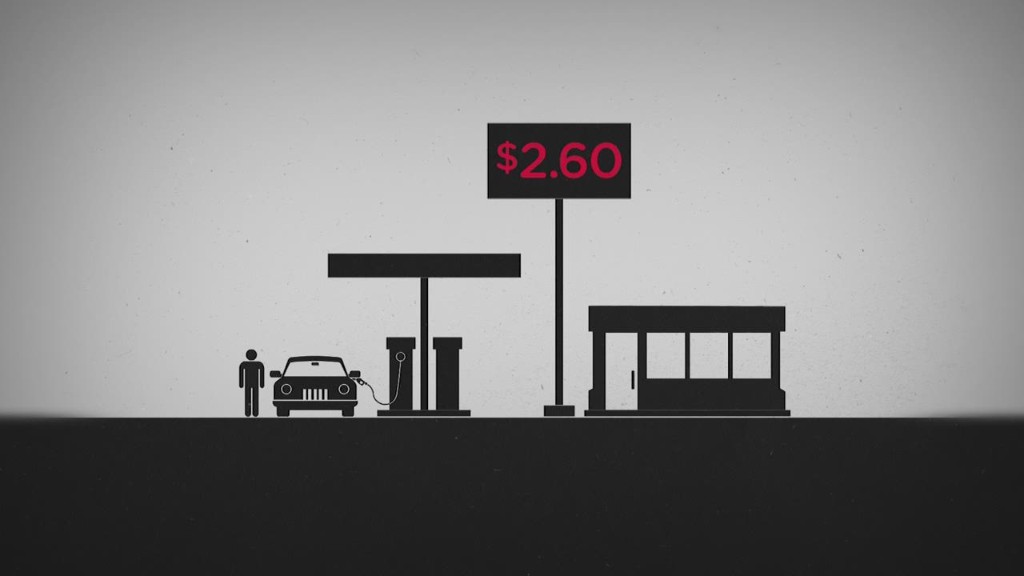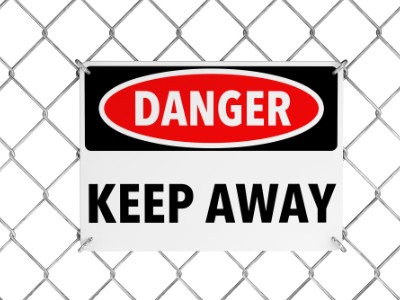
The plunge in oil prices has slammed oil producers, explorers and drillers.
It makes sense that the meltdown is also creating huge headaches for oilfield services companies, the ones that provide the equipment and technology needed to explore for and extract oil and natural gas.
This previously hot industry relies on a steady flow of capital spending by oil companies, which are now dialing back spending to cope with sub-$50 crude. Lower demand is forcing oilfield services companies to slash prices, hurting margins.
That's why shares of oilfield service companies like Halliburton (HAL) and Schlumberger (SLB) have plummeted over the past three months, outpacing the losses for diversified oil giants like ExxonMobil (XOM) and Chevron (CVX).
Despite the recent retreat, the pain may not be over for shareholders of oilfield service companies.
"We would not buy any OFS stocks today. The downside risk is too great," Credit Suisse analyst James Wicklund wrote in a negative report on Wednesday.
Oilfield services stocks "bottom when oil prices bottom, but no one can accurately predict oil prices and we only know in hindsight. That is not much of an investable theme," Wicklund said.
In particular, he slashed his earnings estimates on Weatherford International (WFT), Cameron International (CAM), FMC Technologies (FTI), National Oilwell Varco (NOV) and Oil States International (OIS).

Related: Big Oil loses $200 billion from oil crash
Reassessing the industry: So what do oilfield services companies actually do? They provide everything from the infrastructure and services to the intellectual property oil companies need to find oil, remove it and transport it to refineries and consumers.
With oil prices stuck near $100 a barrel for years, this had been a hot area for investors. Now that prices have tumbled dramatically, oilfield services companies are under enormous pressure.
That backdrop helped drive Halliburton's $35 billion acquisition of rival Baker Hughes (BHI) in November, a deal that's expected to create annual cost savings of about $2 billion.
Related: Cheap oil is killing my job
'All-out depression:' Now the oilfield services industry is bracing for a storm created by a big slowdown in drilling activity and pressure to cut prices for their struggling customers.
"No oil company cares what their service companies' margins are. They just want to keep their jobs; and if they can't get costs lower, the next guy will. And so it goes down the food chain," Wicklund wrote.
Credit Suisse analysts expect a 35% plunge in U.S. exploration & production budgets in 2015 due to the oversupply of oil. The rig count is expected to tumble for the next few months and could take six to eight years to recover to their 2014 levels.
"That is an all-out depression for the industry," Wicklund wrote.

Related: Wall Street hates cheap gas but Main Street loves it
Land drillers look worse: Credit Suisse has turned even more bearish on land drillers, including Helmerich & Payne (HP), Nabors (NBR), Precision Drilling (PDS) and Patterson-UTI Energy (PTEN).
This group is particularly vulnerable to the oil plunge because they own the most expensive and depreciating capital where new activity begins. In light of those vulnerabilities, Wicklund slashed his average earnings estimate on the group by a whopping 93%.


